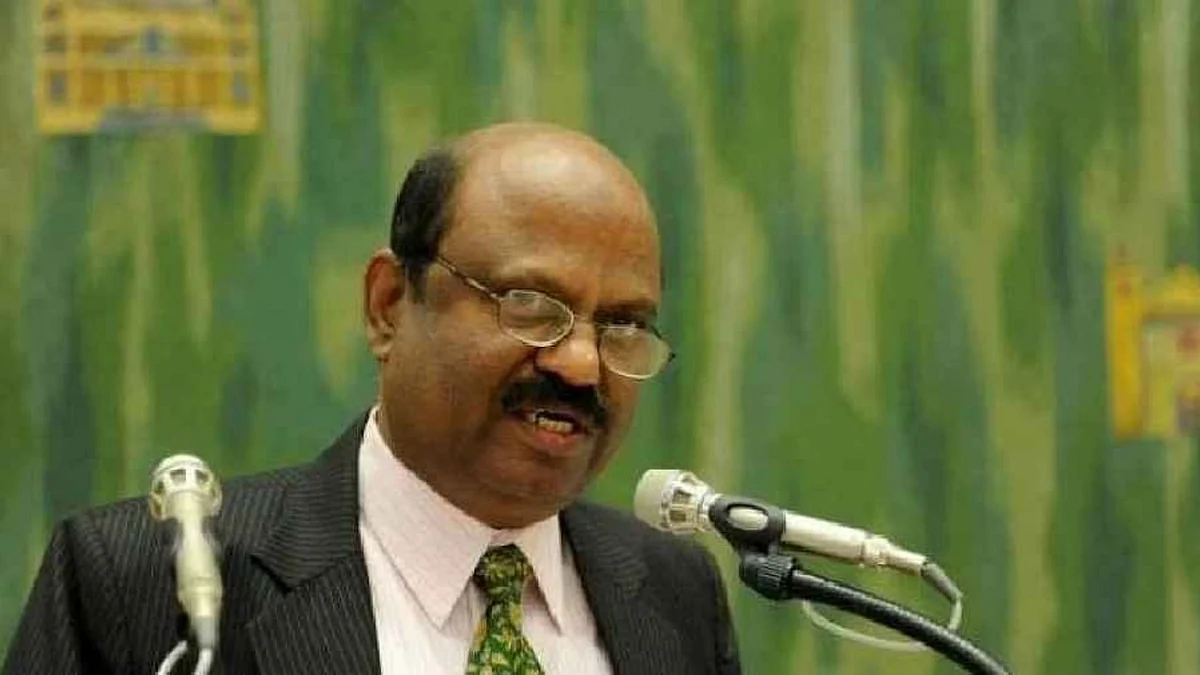Three governors accused of sexual misconduct in eight years
The charge against Bengal governor C.V. Ananda Bose is, however, the first to involve the police and Supreme Court (which also embarrassed itself in the case of former CJI Ranjan Gogoi)

In January 2017, V. Shanmuganathan, then governor of Meghalaya, resigned after Raj Bhavan employees in Shillong accused him of lowering the dignity of the office and converting the Raj Bhavan into a 'ladies' club'.
The very next year, reports surfaced of a ‘governor of a south Indian state’, whose identity was kept a closely guarded secret, accused of sexual misconduct. The MHA confirmed having received complaints and initiating an inquiry in 2018. The governor in question was accused of seeking sexual favours from women employees in the Raj Bhavan. The scandal was, however, handled discreetly and did not reach the courts or the media.
Even earlier, in 2009, former Uttar Pradesh chief minister Narayan Dutt Tiwari had to resign as the governor of Andhra Pradesh following charges of sexual escapades in the Raj Bhavan. He resigned after photographs of him surfaced, showing him in the company of various women within the Raj Bhavan premises, and President Pratibha Patil declined to visit Hyderabad for her annual sojourn while he held office.
None of these cases led to a police investigation.
The case of sexual misconduct against incumbent West Bengal governor C.V. Ananda Bose, however, has been playing out since May this year, when a woman contractual employee lodged a police complaint, accusing him of sexual advances. The governor in turn accused the state police of having engineered the scandal, and issued orders restraining the Raj Bhavan staff from deposing before the police and barring the police from coming into Raj Bhavan to interrogate the employees — three of whom had also been accused of physically restraining and detaining the woman.
Leaked video footage showed some of the woman’s movements inside Raj Bhavan, showed her crying and finally leaving the premises.
The investigation, however, did not take off, thanks to the governor moving the Calcutta High Court and obtaining a restraining order.
The High Court also restrained the West Bengal chief minister, two MLAs and a former AITC spokesperson from issuing any ‘defamatory’ and incorrect statements about the governor. The state government’s counsel argued in court that the chief minister had merely reiterated what other women had told her, namely, that they were apprehensive of visiting Raj Bhavan.
With the Supreme Court having given its consent on Friday, 19 July, to examine the victim’s plea that Article 361 of the Constitution does not provide governors with ‘blanket immunity’ from criminal prosecution, this will be the first time the proposition is actually tested.
The Supreme Court has directed the admission hearing to be posted on 12 August this year. The Calcutta High Court, which is also hearing a defamation case filed by the governor, is expected to hear that case on 14 August.
Article 361 of the Constitution says:
no criminal proceedings whatsoever shall be prosecuted or continued against the Governor of the State in any court during his term of office
Arguing on behalf of the victim, senior lawyer Shyam Divan told the court that if Article 361 is deemed to provide a ‘blanket immunity’, then the victim is left with no remedy and has to wait till the governor demits the office — which is, surely, patently unjust?
The protection from criminal prosecution, Divan argued, was meant to insulate the constitutional authority from malicious prosecution while discharging his duty. It cannot be interpreted to extend protection even in a case of sexual offences, he argued.
Senior advocate Shyam Divan told the court: "Article 361 of the Constitution cannot be a bar against investigation. It cannot be that there is no investigation. Evidence has to be gathered right now. It cannot be deferred indefinitely."
Indeed, he requested that the court explicitly direct the state of West Bengal to carry out an investigation in the matter and record the governor's statement. He also called on the apex court to frame guidelines on how the immunity given under Article 361 can be availed by the governor — and in what regards it cannot.
Allegations of sexual misconduct against powerful constitutional authorities are rare but also, increasingly, not all that uncommon.
The most prominent case in recent times was the allegation against Justice Ranjan Gogoi while he was serving as Chief Justice of India. The then-CJI himself constituted a bench for the hearing, which included himself (!). Said bench heard the case and dismissed the complaint — and also ordered the dismissal from service of the complainant, who was serving in the apex court too.
She was mysteriously reinstated later.
Follow us on: Facebook, Twitter, Google News, Instagram
Join our official telegram channel (@nationalherald) and stay updated with the latest headlines